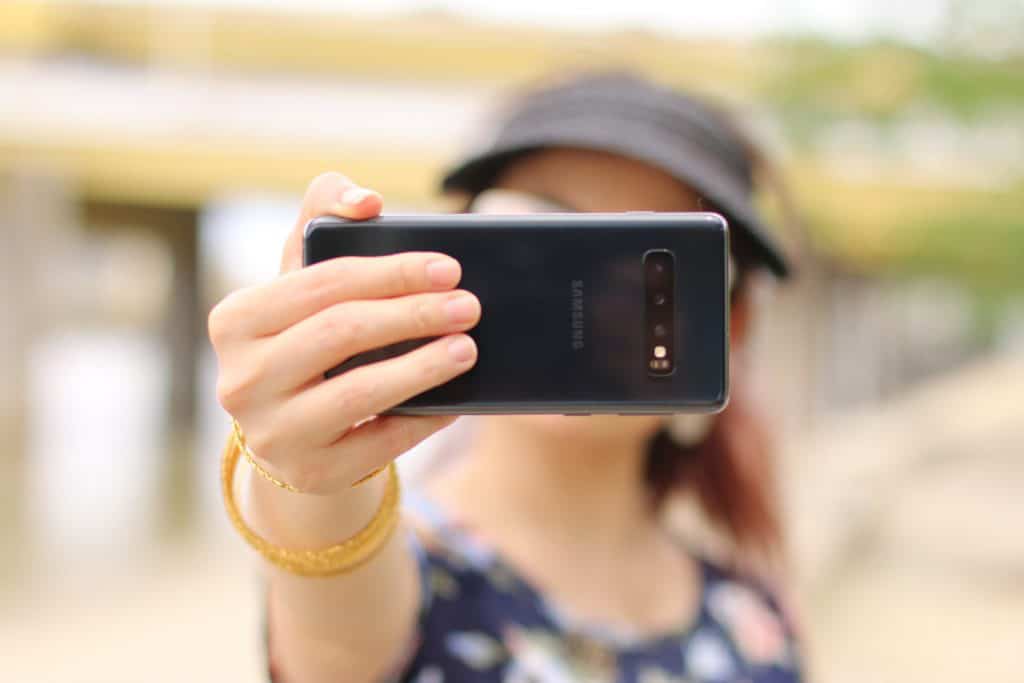Recently, influencer marketing has been under fire from advertising regulators after failing to disclose certain posts they shared were sponsored by brands. This comes after changes to regulations for influencers about disclosing sponsored posts. They must now reveal paid, sponsored content using a hashtag such as #ad or #paidpartnership, under new transparency rules in place from March 1, 2021. It means that, for the first time in Australia, viewers can now know clearly whether the post in their Instagram feed has been paid for by a brand. The new code by the Australian Association of National Advertisers (AANA) covers all social media platforms, and any kind of social media user.
So, what are our thoughts on this issue, and how does it affect PR? As in influencer marketing agency, we work on both paid and contra basis’s depending on the requirements of the campaign – “paid” meaning a monetary, contractual agreement between an influencer and a brand, and “contra” meaning a gifted/free product or service given to an influencer, in the hopes (or sometimes arrangement) of gaining a social media coverage in return.
We believe having these set rules now in place are essential for paid posts, allowing consumers to be more aware of the nature of influencer arrangements. If there has been a contractual arrangement that includes payment, whether this is in exchange for a post, or through a gift code, this is closer to an advertisement, just like the way a brand would pay for advertorial or an ad in a magazine or newspaper, so influencers should be disclosing this.
The disclosure of #ad doesn’t negate the excellent reach (awareness), engagement and demonstration functions of influencer collaborations for brands. In terms of the credibility of the endorsement, we believe it’s essential to ascertain a great authentic fit between brand/product and influencer for any agreement. Whether #ad is stated or not, social media users can feel the relevance and authenticity of a brand/product fit regardless. Where the fit is good, the inclusion of #ad only serves to strengthen the trust and respect between influencer, brand and user – win, win, win.
However, the lines get blurry when it comes to contra and gifting, as usually there is simply an exchange of a postal address for product – there isn’t payment, a specific time to post, messaging, or agreed imagery to share, and there is no obligation for influencers to actually share it – just as a publicist would pitch a story to a journalist in the hope of gaining a mention or focus in their article. This would also be much harder to track and control as without a written contract, it can be hard to know whether a piece has even been gifted and with no specific agreement between the influencer and the brand there’s no way to control if they include #ad in their post.
So, should contra/gifted products and experiences also include #ad? We think for gifted products and experiences, it should be at the influencer’s discretion if they wish to include it in their post. Many influencers have been including #gifted or #hosted as a way to be more transparent. However, we absolutely agree with the AANA’s ruling that #ad or similar be obligatory for paid arrangements.
This littleBIG blog was written by our PR and Marketing Coordinator, Tania Romano.
Are you looking to incorporate influencers into your marketing strategy? Need help with the lingo? Get in contact and we can help.
